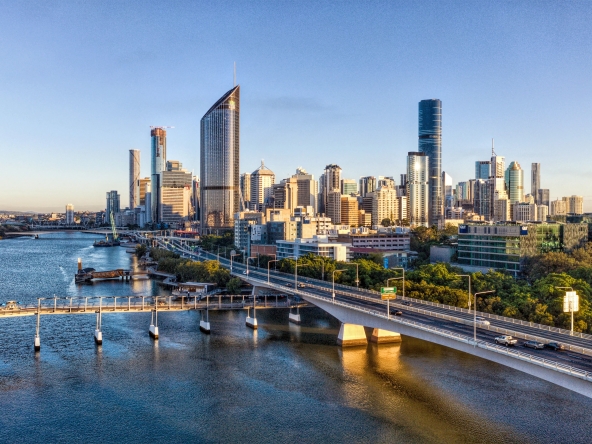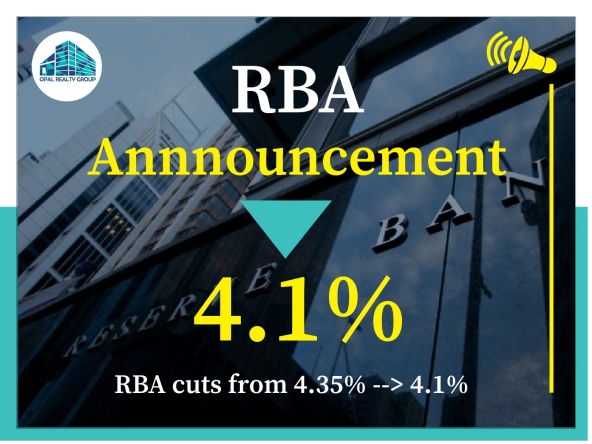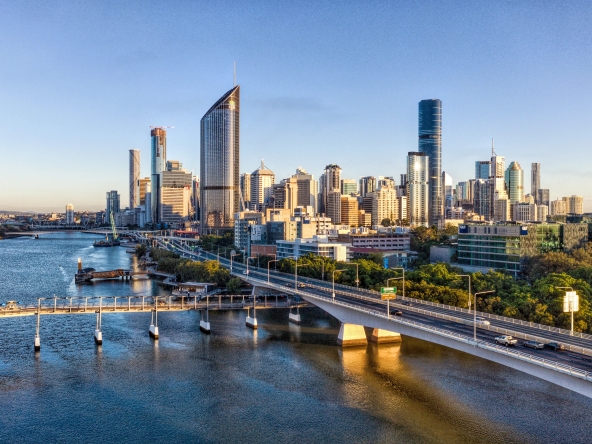

Australia government has pledged to ban foreign investors from purchasing existing homes in Australia for at least two years, aiming to reduce competition for prospective home buyers. However, the policy—first proposed by the Coalition last year—will affect less than 0.4% of the housing market, raising doubts about its overall impact.
Key Details :
- Effective from: April 1, 2025, to March 31, 2027
- Who is affected?
- Foreign investors, including temporary residents such as international students and foreign-owned companies, will be restricted from purchasing existing homes.
- Exemptions:
- New dwellings can still be purchased to support housing supply.
- Workers under the Pacific visa scheme are excluded from the ban.
Additionally, the government plans to crack down on land banking, requiring foreign investors who purchase vacant land to develop it within a reasonable timeframe.
Government’s Justification
Housing Minister Clare O’Neil emphasized that the policy is part of Labor’s broader effort to improve housing accessibility for young Australians.
“This isn’t a silver bullet, because there is no silver bullet. But this is an important part of Labor’s ambitious housing agenda,” O’Neil said.
Existing Foreign Investment Rules
Foreign investors are already barred from buying existing homes, except in specific cases, such as moving to Australia for work or study.
In 2022/23, foreign investors accounted for 5,360 residential property purchases, with only one-third involving existing homes. While the policy is unlikely to significantly impact housing affordability, the Property Council acknowledged that supporting new home construction is a step in the right direction.
“It’s reassuring that both major parties recognize that building new homes is the most effective way to tackle Australia’s housing affordability crisis,” said Matthew Kandelaars, the council’s Executive for Policy and Advocacy.
Political Reactions and Implementation Costs
On Sunday, O’Neil defended the decision, calling it “good public policy” and insisting it was not politically motivated.
“I really don’t care about the politics of this. Everything we do on housing is about getting more Australians into their own homes, and this change will contribute to that,” she said.
Opposition Leader Peter Dutton questioned the policy’s sincerity, pointing out that Treasurer Jim Chalmers was absent from the announcement despite previously criticizing the Coalition’s similar proposal.
“It’s interesting that the treasurer wasn’t there, given that he had attacked this policy when it was first announced,” Dutton said.
To enforce the ban, the government will invest:
- $1.4 million annually into the Australian Taxation Office (ATO) for oversight.
- $2.2 million per year until 2029/30, and $1.9 million annually afterward, to enhance auditing and compliance targeting land banking.



